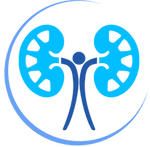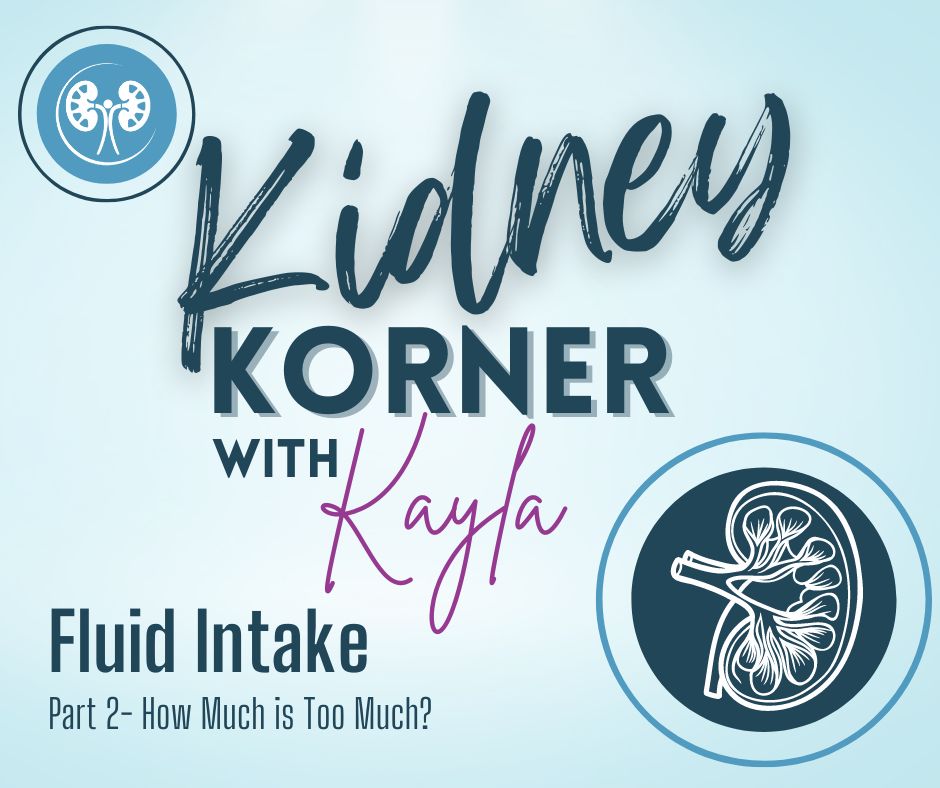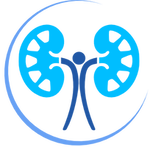How Much is Too Much?In our last segment of the Kidney Korner, we discussed what fluids are and foods that have high water content, or insensible fluids (read about it here). This month, we are discussing hydration and how much fluid is too much for the kidneys to handle.
If you drink too much fluid, your kidneys may not be able to process and filter it properly (especially if you have kidney diseases) causing a myriad of problems. Decreased kidney function, Congestive Heart Failure (CHF), edema, liver diseases, and muscular issues have been linked to fluid retention. It is extremely important to maintain the balance of fluids and electrolytes in your body to stay healthy. Symptoms of overhydration can include swelling, increased trips to the bathroom (see the exceptions below), and clear, colorless urine (looks like water). There are many exceptions and special circumstances to consider when it comes to fluid intake.
Munjal’s Musings: How often do you water your plants? It can be complicated. You have to ask a few questions:
The same goes for people. Size, health status, medications, occupation, location, and the season are just a few of the elements that go into determining proper fluid intake for a person. You can also view hydration like filling a bucket. You want the bucket to be nicely topped off, not overflowing or only half full. It is a balancing act. It is important to have routine lab work done regularly and discuss your individual needs with your doctor(s). There is no universal guideline for the amount of fluids a person should consume daily. Tune in next week as we continue our segment on fluids and discuss the symptoms of dehydration and when to seek help. This website is for informational and educational purposes ONLY. While we strive for accurate, general medical information, this does not replace professional medical advice. Do not rely solely on this information. Please consult with your physician for more information regarding your specific needs. If you are experiencing a medical emergency, please call 911. Comments are closed.
|
About The BeanThe Bean is a blog on a mission to share valuable information in the world of Nephrology. We believe in empowering through education and The Bean is a great place to find resources and information on topics related to high blood pressure, kidney disease, dialysis, and topics that enhance the kidney minded lifestyle. Enjoy and be sure to subscribe! Archives
July 2024
Categories |
Contact Us |
Careers |
Connect With Us |
|
13241 Bartram Park Blvd., Suite 1001
Jacksonville, FL 32258 Open Map Tel: (904) 260-9898 Fax: (904) 260-9891 |
Interested in joining our team? Jacksonville Nephrology is dedicated to compassionate patient care through teaching and giving our team the tools needed to go above and beyond. Learn more about current openings. Learn More
|


